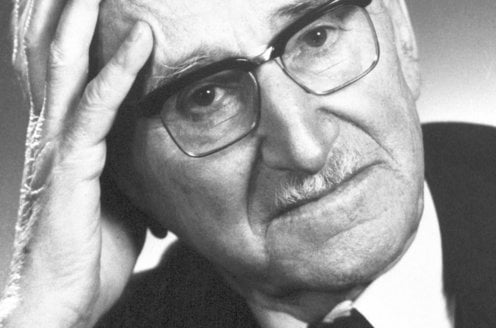Sublime
An inspiration engine for ideas

In fact, though, Weaver was not so much antiliberal as antimodern. This shows itself, for example, in his discussion of private property. He praises private property as “the last metaphysical right.” But although he clearly appreciates the place of private property in fostering liberty and forestalling the tyranny of the state, his defense is actua
... See moreRichard M. Weaver • Ideas Have Consequences: Expanded Edition
to participate in the great decisions of government. There was, Lippmann brooded, no “intrinsic moral and intellectual virtue to majority rule.” Lippmann’s disenchantment with democracy anticipated the mood of today’s elites. From the top, the public, and the swings of public opinion, appeared irrational and uninformed. The human material out of wh
... See moreMartin Gurri • Revolt of the Public and the Crisis of Authority in the New Millennium
WTF Happened In 1971?
wtfhappenedin1971.com
To–day the rich man knows in his heart that he is a cancer and not an organ of the State. He differs from all other thieves or parasites for this reason: that the brigand who takes by force wishes his victims to be rich. But he who wins by a one–sided contract actually wishes them to be poor.
G. K. Chesterton • The G. K. Chesterton Collection [50 Books]
The Sveriges Riksbank Prize in Economic Sciences in Memory of Alfred Nobel 1974
nobelprize.orgnobelprize.org

The New Deal was a transfer of power from the man in the street to the man from the Harvard Law Review.
Charles Reich • The Greening of America
government. And only if you